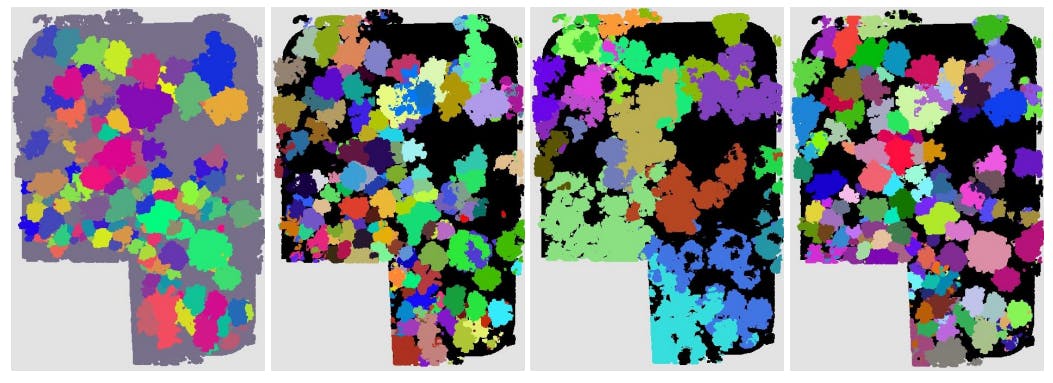The GNU Compiler Collection will be shifting to its “stage three” development in November as focusing more on bug fixing now and new ports and less on existing compiler functionality/features.
SUSE compiler engineer Richard Biener announced today that stage three will go into effect on 17 November. This stage of development is focused just on bug fixing and new ports not requiring changes to other parts of the compiler. New functionality for GCC should have been merged by then if it wants to be part of GCC 16.
Biener noted that the stage three phase will run from mid-November to mid-January before moving onto the strictly bug fixing phase. As of writing there are 13 P1 regressions for GCC 16, which is the level of the most severe regressions and must be addressed prior to release. There are 595 P2 regressions and 312 P3 regressions.
More details on the GCC 16 timing can be found via the status update. GCC typically goes into stage three around mid-November and ultimately GCC 16.1 as the first GCC 16 stable release should debut next March~April.
There are many improvements coming with the GCC 16 compiler feature release. One that I remain curious about is whether AMD will squeeze in Zen 6 “znver6” support for GCC 16. AMD squeezed znver5 support into GCC 14 ahead of the official Ryzen 9000 and EPYC 9005 product launches. This is particularly important with major GCC releases happening once per year and Linux distributions not typically picking up new point releases at a whim. Hopefully the AMD Zen 6 tuning does make it into GCC 16 ahead of those next-gen processors debuting later in 2026. Meanwhile for a while now GCC has already had targets for Diamond Rapids, Clearwater Forest, Panther Lake, etc.









